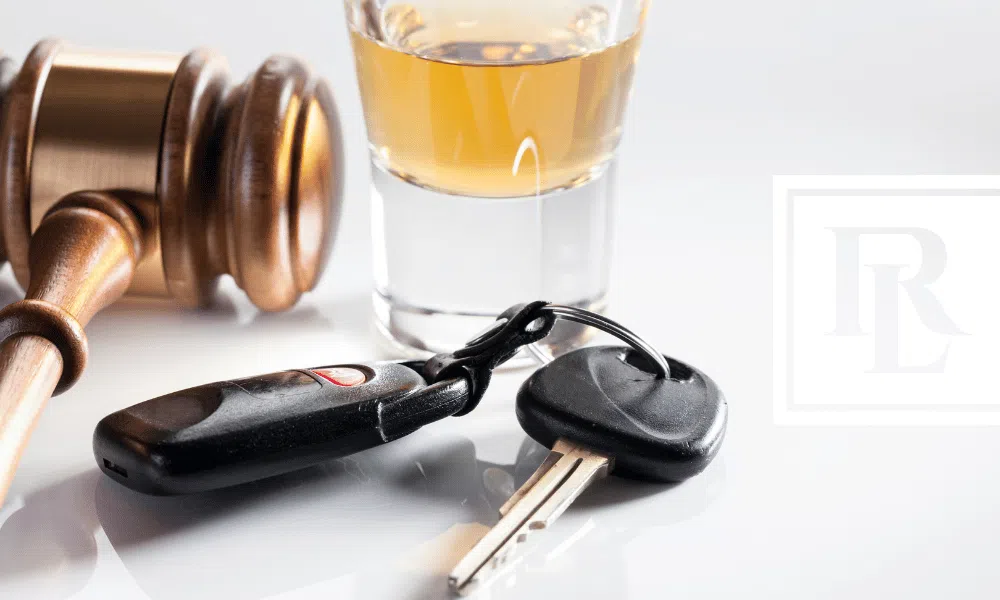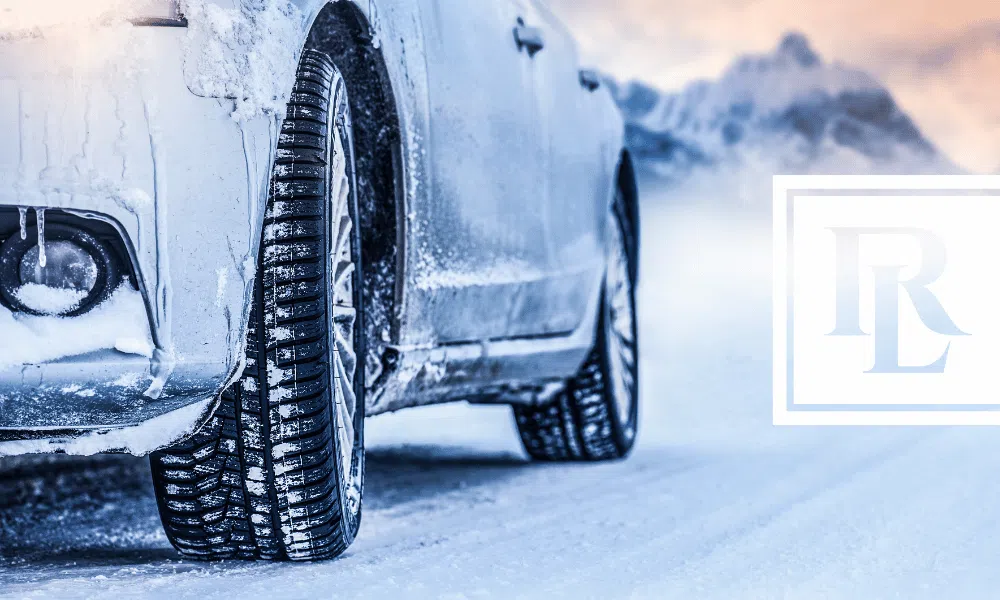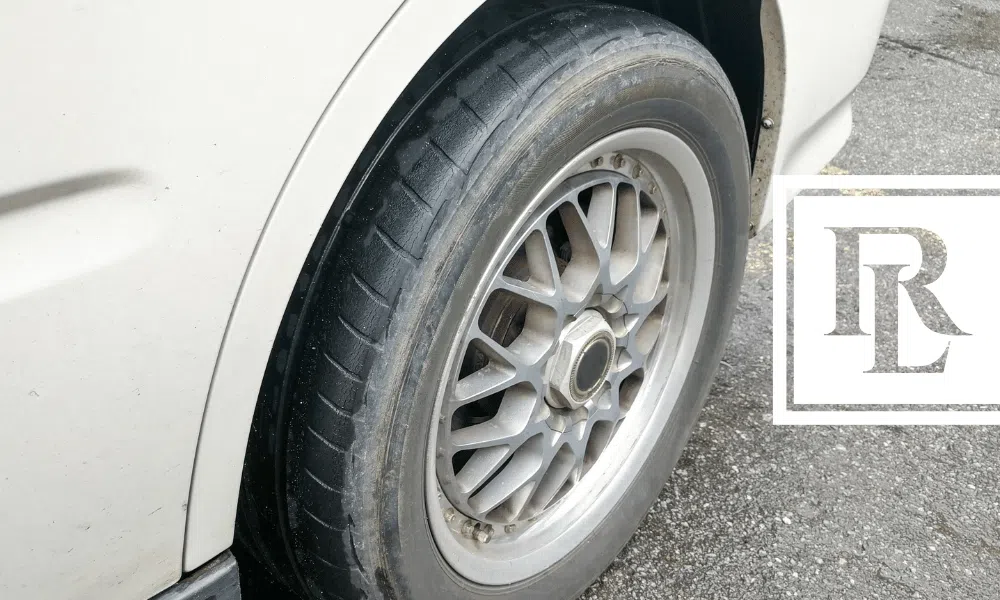Every day, drunk drivers get in their cars and travel on the same roadways as you do. According to the United States National Highway Traffic Safety Administration (NHSTA), accidents involving alcohol-impaired drivers (BAC of .08 or above) made up 31 percent of all traffic fatalities in Pennsylvania in 2012.
Make sure you know what signs to look for to identify potentially impaired drivers so you can avoid them. Understanding what you can do to protect yourself and other drivers and passengers may help keep everyone on the roads safer.
Signs of Alcohol-Impaired Drivers
There are some distinct actions that drunk drivers take while driving. If you see a motorist behaving in the following ways, it is possible that you are sharing the road with a drunk driver.
- Abrupt or illegal turns: Drunk drivers act erratically when driving. If you see someone making a turn that seems too abrupt or uncontrolled, it is possible that that driver is impaired.
- Sudden deceleration or acceleration: Drunk drivers might slow down for unexplainable reasons and/or accelerate suddenly.
- Tailgating: Many people are guilty of tailgating, but the impaired may follow extremely close or may tailgate in illogical situations.
- Swerving or weaving: This is exceptionally dangerous driving behavior, and often signals an impaired driver.
- Driving excessively slowly: Drunk drivers may overcompensate for their impairment and drive very slowly. Watch for anyone driving more than 10 miles per hour below the speed limit.
- Sudden stopping or erratic braking: Be wary of drivers who suddenly stop in the roadway for no apparent reason, or who display erratic braking.
- Driving off the roadway: Drunk drivers may leave the roadway or drive in areas not designated for vehicles.
- Using signals that are inappropriate for driving actions: Impaired drivers might signal turns that they aren’t making. They may also signal incorrectly or fail to signal at all.
- Ignoring traffic signals: Be wary of drivers who are slow to recognize or who completely ignore traffic signals.
- Driving without headlights in the dark: Alcohol-impaired drivers may forget to turn on their headlights.
- Driving on the wrong side of the road: Sober drivers rarely make huge mistakes like driving on the wrong side or in the middle of the road.
What to Do if You Spot a Drunk Driver
While you won’t be able to stop the drunk driver yourself, there are some important actions you can take to help keep yourself and other travelers safe.
- Stay away from the vehicle: Do not try to stop the drunk driver yourself. Stay away from the vehicle to avoid a collision.
- Try to get important data: If possible, record the driver’s license plate number and description of the vehicle. If you are traveling with a passenger, ask him or her to take notes for you. Otherwise, pull off to a safe area to jot down some notes.
- Call 911: Again, ask your passenger to make the call for you. If you are alone, pull over and call 911. Be sure to provide all information you have about the vehicle and your location. Provide upcoming cross streets and note the direction the driver is traveling.
If Injured by Drunk Driver, Call Rob Levine
If you or a loved one has been in an accident involving a drunk driver, you may need legal help to ensure you receive the compensation you need. You may be dealing with property damage expenses, lost wages and mounting medical bills. Rob Levine can help. Call 800-742-3920 to set up a free consultation with Rob Levine, the Heavy Hitter®.






